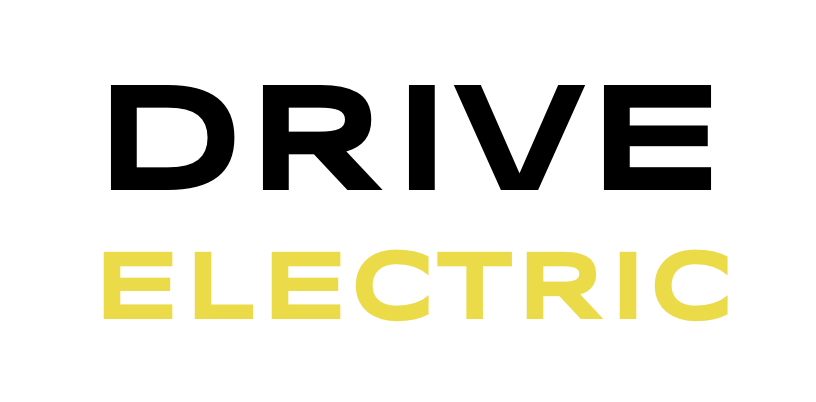Charge.co.za (formerly Zero Carbon Charge) launched South Africa’s first fully off-grid electric vehicle (EV) charging station on Thursday, 28 November 2024.
Completed almost exactly a year after beginning construction, the station is located next to the N12 between Klerksdorp and Wolmaransstad in the North West province.
It relies almost entirely on solar and battery power.
A massive on-site solar farm consisting of 480 bifacial solar panels will provide up to 280kW of electricity to the facility, which consists of a charging area and farm stall.
The station also has a 546kWh liquid-cooled battery to provide extra power when demand exceeds the solar farm’s capacity or during the evenings and prolonged periods without sufficient solar production.
In addition, Charge has installed a 250kVA generator that runs on hydrotreated vegetable oil, which has 90% lower emissions than diesel, as a last-resort backup.
The charging area has six fast DC charging points supplied by Magic Power and Greencore Energy Solutions. Two slower AC chargers are located in parking spots next to the farm stall.
Four of the six DC chargers are liquid-cooled and theoretically capable of charging at up to 480kW each, over double the fastest charging speed previously available in the country.
As it stands, no EV sold locally or even in the US is capable of reaching that speed.
The latest Porsche Taycan models recently launched in South Africa are the country’s fastest-charging EVs, supporting up to 320kW via DC.
Until Charge builds more stations, its N12 facility will be the only one in South Africa capable of supporting charging these models at their highest speeds, which can add over 300km of range to the Taycan in about 18 minutes.
When multiple cars are plugged in, the system intelligently distributes its output based on each car’s charging capability and state of charge.
Customers waiting for their car to charge can grab a bite or drink from a farm stall on the same premises.
The site will also offer Wi-Fi connectivity so that drivers can spend time online without worrying about data costs or limited cellular reception.
Only the beginning
The charging station is one of 120 off-grid facilities for passenger EVs that Charge plans to have completed by early 2026.
South Africa already has over 400 public charging stations provided primarily by GridCars and Rubicon. However, the vast majority of energy these chargers supply comes from the grid.
Charge’s motivation for keeping the stations off-grid is two-fold.
Firstly, it will reduce some of the extra demand that EV charging will place on the grid in the future.Although Eskom’s generation has recovered significantly in the past year, EVs are power-hungry and are projected to contribute substantially more to overall demand in the next decade.
In addition, the charging stations will reduce the “off-site” emissions of EVs.
While EVs have no tailpipe emissions, they can have higher emissions than petrol or diesel cars if the energy the use is generated with fossil fuels.
Most of Eskom’s power comes from coal, so only using grid power to charge an EV in South Africa will mean its “off-site” emissions are not far off a petrol or diesel car’s.
Charge’s next stations are being built in the Eastern Cape, with construction expected to start in early 2025.
The company has teamed up with land and farm stall owners to secure the sites for its stations in exchange for a share of the revenue.
It has also worked closely with local and provincial governments to ensure the expansion contributes to the socio-economic well-being of local communities.
Charge has committed to invest over R21 billion in charging infrastructure in the Eastern Cape and KwaZulu-Natal and is engaging government authorities on its plans in other provinces.
Aside from the passenger EV charging stations, it is also building 120 facilities specifically for electric trucks.
Below are more photos of Charge’s first off-grid EV charging station in South Africa.
Full article HERE
(source: Mybroadband)

